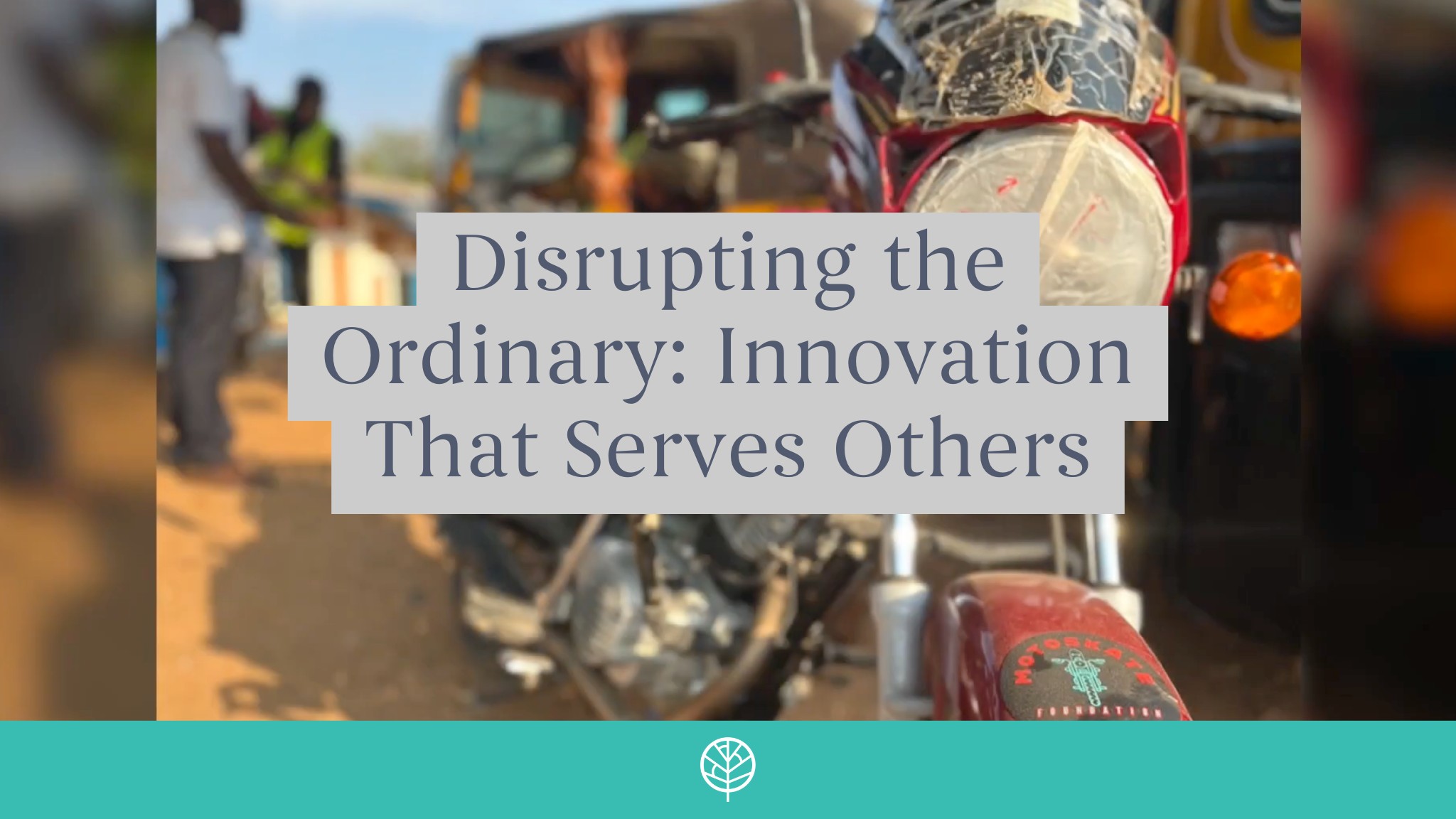- By Jonathan Goode
- October 8, 2025
- 0 Comments
God never changes. He is the same today as He was at the creation of the world. But people are a different story. People change all the time! We change from day to day in small ways, and we change from generation to generation in big ways. We change how we behave, the ways we communicate, and the things we value. What does that mean for our relationship with Him?
Throughout history, the God who never changes has constantly changed His approach to reach and relate to us. What started as an idyllic relationship in the garden between mankind and God evolved through Abraham, Moses, judges, kings, and prophets. Each of these figures played slightly different roles to meet God’s people in whatever place they found themselves. Then God did the unthinkable. He belittled Himself, took on the form of a man named Jesus, and walked among us. Compelled by His deep love for all of us, He kept adapting to meet humanity where we were. As the people changed, God remained consistently Himself while constantly evolving his approach to reach and relate to us.
While there are certainly supernatural, “burning bush” moments in history, this is not the most common method God uses to meet the needs of His people. The most common way God has done this is by raising up people who already follow Him. Consider this example from Exodus as a more common picture of how God practices innovation.
Then Moses said to the people of Israel, “See, the LORD has called by name Bezalel the son of Uri, son of Hur, of the tribe of Judah; and he has filled him with the Spirit of God, with skill, with intelligence, with knowledge, and with all craftsmanship, to devise artistic designs, to work in gold and silver and bronze, in cutting stones for setting, and in carving wood, for work in every skilled craft. And he has inspired him to teach, both him and Oholiab the son of Ahisamach of the tribe of Dan. He has filled them with skill to do every sort of work done by an engraver or by a designer or by an embroiderer in blue and purple and scarlet yarns and fine twined linen, or by a weaver—by any sort of workman or skilled designer. (Exodus 35:30–35)
When God wanted the tabernacle constructed, so that the people could worship, He did not make it appear out of nothing (though He could have). He empowered people to do the work! Not just any people, but specific people to do specific work, building something new for His glory. Although this strategy for reaching people is present in the Old Testament, it becomes clearest following the resurrection of Jesus.
Consider this: Jesus was publicly murdered and came back to life. With all the authority and reverence that came his way in the aftermath of this moment, Jesus’s final words before ascending to heaven instructed His people to take the gospel to everyone, everywhere (Matthew 28:18-20). Then He left! God’s people used this moment as a springboard to form the global church you and I see today. They launched new efforts, went to new places, and expanded the church in ways that no one, at the time, could have ever imagined! The hope of Jesus Christ would have never reached the United States if people hadn’t innovated and changed to reach new people in new places. “And this gospel of the kingdom will be proclaimed throughout the whole world as a testimony to all nations, and then the end will come.” (Matthew 24:14) The importance of this expanding gospel proclamation through people who follow Jesus cannot be overstated here.
God is still doing this today. He is constantly inspiring new people to do new things to reach new people for His glory. Think about it—what new idea has been nudging at your heart? Who is the group of people in your community that you can’t help but care about? Their struggles weigh on you, and those feelings are not just there by chance. You don’t have to part a sea, fight a giant, or sit in a den with lions. Sometimes, the most profound change comes from simple acts of kindness. Loving your neighbor as yourself can take many forms—offering a listening ear, volunteering your time, or simply sharing a meal.
So, what does that look like for you today? It could be as small as checking in on a friend, helping a family in need, or standing up for someone who feels invisible. Each of us has a unique role in disrupting the ordinary. What is yours?




